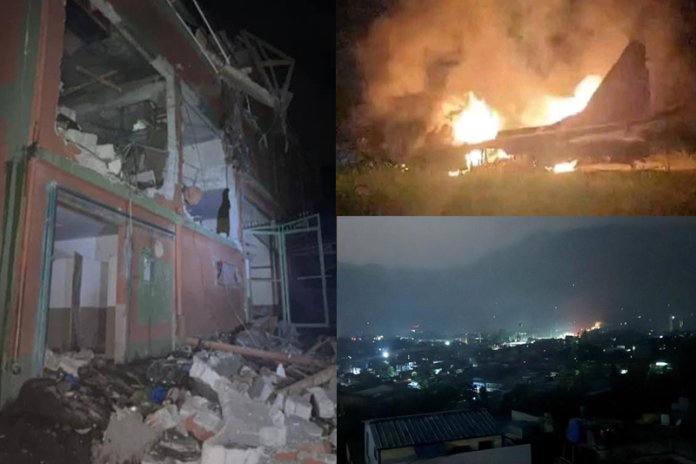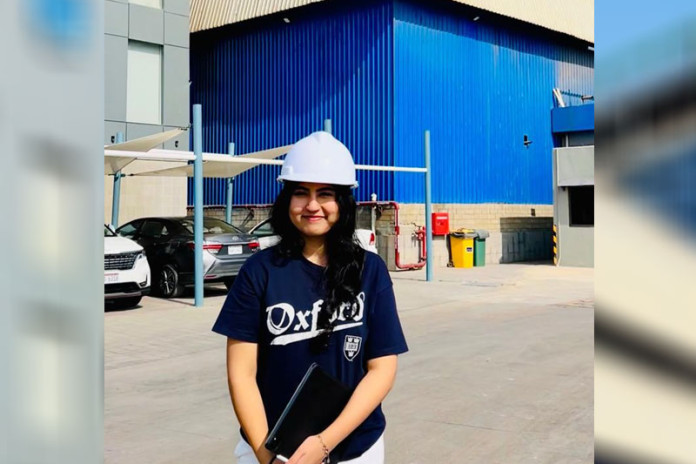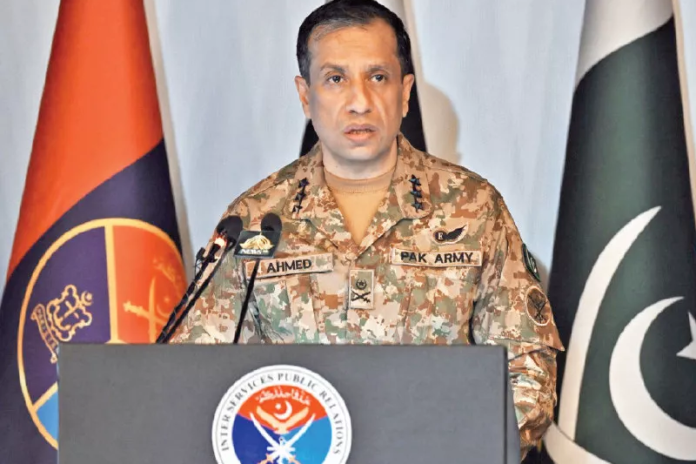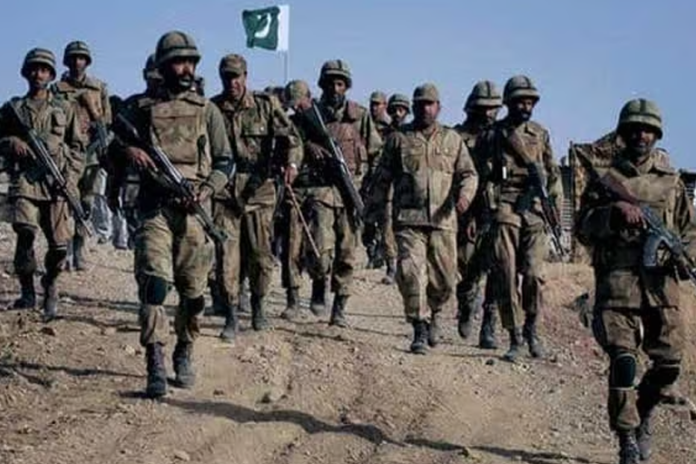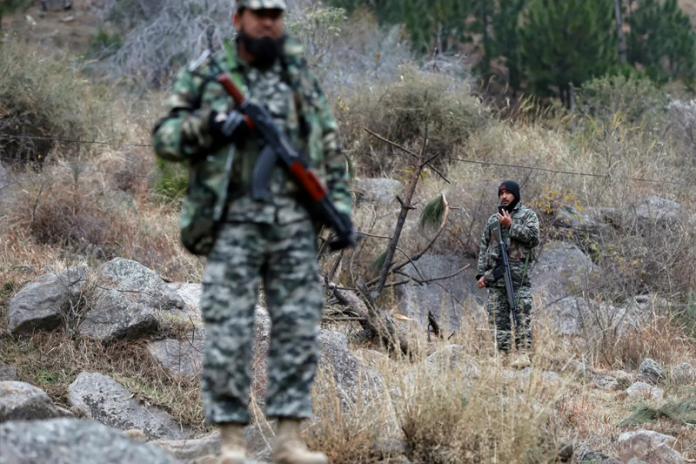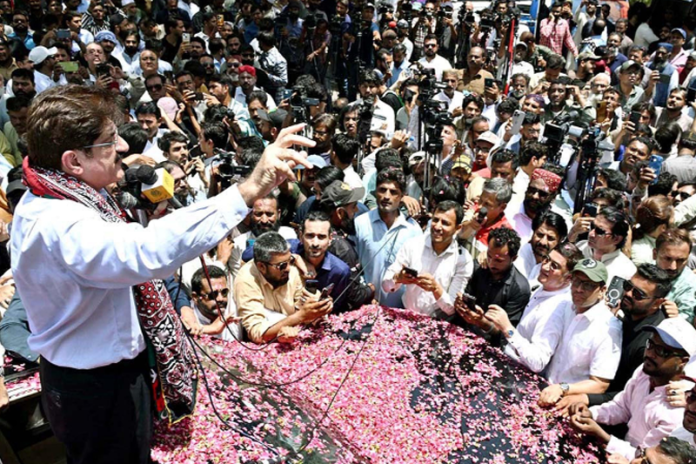Heat and extreme weather: time to focus on tree plantation
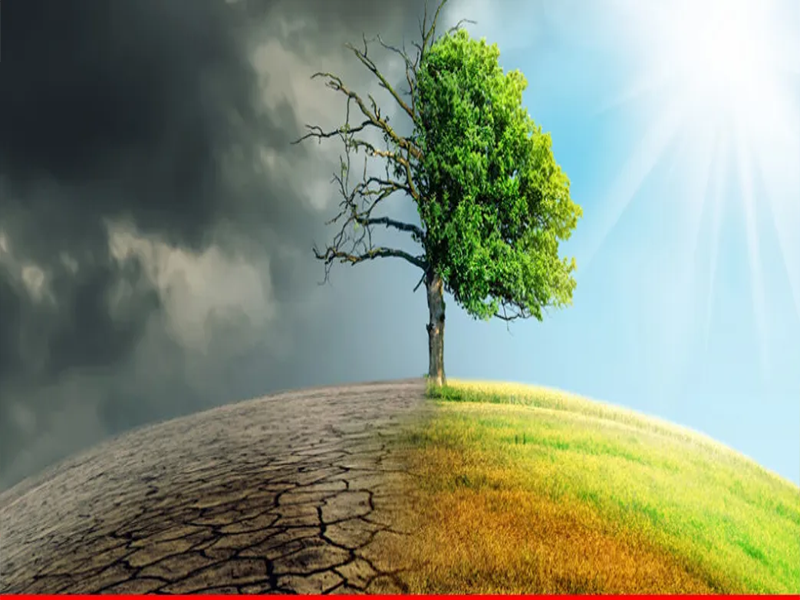
- 248
- 0
Our country is the worst victim of Climate Change Effects for more than a decade and one reason to minimise its effects can be growing more trees.The Met forecast says that the country is going to face hot summer this year as well.
According to the Meteorological Department, rains will be normal in most parts of the country. It further says that apart from the current month of June, there are chances of heat wave in July as well. Extreme weather patterns have become a new normal in Pakistan due to climate change effects and one way to deal with it is to plant more and more trees.Recently, June 5 was observed as World Environment Day and it is good that a large number of Govt and non-government organisations marked the day with tree plantations drives and seminars to create awareness about the issue. One such seminar was held by Federal UrduUniversity on Environment Protection Awareness, where speakers highlighted the importance of trees for controling air pollution.
On the occasion of World Environment Day, a seminar was organized under the title of Environmental Protection Awareness in the Department of Environment of Federal Urdu University of Arts, Science and Technology in collaboration with ORIC and Nature Watch Club, in which a large number of students along with Director Dr. Hina Mudassar, Dr. Haq Nawaz Abbasi, HOD of Environment Science, Ayesha Leena Media Coordinator Federal Minister for Maritime Affairs and member of Pakistan Olympic Environment Commission Tahmina Asif participated in this occasion.On this occasion, Dr. Hina Mudassar said that trees are the guarantor of our life. Today, trees are decreasing in our country, so there is a need to plant more trees to reduce the air pollution.If every Pakistani plants at least one sapling to increase the number of trees, then Pakistan can become a greener Pakistan. Addressing the seminar, Dr. Haq Nawaz Abbasi said that today we all have to take a pledge to actively participate in the national duty of planting trees to keep our land green. Ayesha Lina said that it is the need of the hour to create awareness among the young generation, especially the students, about the importance of a green environment so that they are aware of the increasing harmful effects of pollution in the environment and their effects on human life. Tehmina Asif said that pollution-free climate is very important for the players. We all have a common responsibility to keep the sports fields populated with trees as well as players. Earlier, the speakers who participated in the seminar planted saplings.
On this occasion, awards were also distributed among the personalities who served in the field of environmentSuch seminars are the right approach in current situation. The extreme weather patterns show that hot weather conditions are likely to stay in Karachi as well most of this summer. The reason behind this weather phenomenon is said to be the high pressure area built over Afghanistan and Balochistan in February last. More importantly, this pressure has maintained its intensity which is why hot weather may persist for the whole of current month unless a drastic change occurs in weather pattern.And most significantly, the maximum temperature at times is likely to be ranging between 42°C and 44°C.In this backdrop, heat management plans are need of the hour. As a matter of fact, when take into account the weather conditions of last decade, the sweltering heat waves seem to have become a common occurrence in Karachi and is likely to stage a comeback this summer too and stay for days every time.Weather experts say that deadly heat waves are going to be country's much bigger socio-economic and health problem in the coming decades, particularly in densely populated urban areas of the country.The global warming-induced extreme weather events are becoming more frequent and occurring over a much greater portion of the country.But devastating fallouts of heatwaves on humans can be largely mitigated through timely and effective responsive measures.Experts say that Pakistan is most likely to suffer more frequent and intense heatwaves as the average temperatures in the country are constantly increasing. Heatwaves matter because they kill people through heat stress, cause forest fires, reduce crop yields and damage ecosystems, which are not adapted to high temperatures.
Besides, the country's annual temperature is well on path to rise by 3°C to 5°C due to a heat-trapping global carbon emission. Such dangerously rising trends in temperatures will potentially continue to cast various negative effects on the country's human health, spike frequency and intensity levels of extreme weather events including heatwaves, cloudbursts, floods, glacial melt, agricultural productivity, water availability, coastal erosion and seawater incursion.A study published in the Nature Climate Change Journal says that 783 heatwave incidents in 164 cities from 36 countries including Pakistan indicate that about 30% of the world's population (and about 13% of the land area) experiences at least 20 days per year on which the deadly threshold is reached.It is pointed out that increasing temperatures and humidity levels would combine to ratchet up the intensity and frequency of deadly heatwaves in various countries including Pakistan, India, and Afghanistan.Nonetheless, the good news is that heatwaves are quite predictable, and "extreme temperature early action systems as being practiced in Karachi have proven that they can save lives in the heatwave-vulnerable areas of the country. It is suggested that that building capacity of individuals and communities to respond to the heat stress during heatwaves by raising heat health awareness campaigns in the country before the onset of heatwaves season can be of great help to cope with the fallouts of the heatwaves on the health of people. Experts also underline the need for district-wise heatwave management plans comprising measures including no or reduced power outages, sustained provision of water, healthcare facilities in hospitals and establishment of roadside public shades to stave off human losses from their impacts.
All we have to do is focus on measures to stop the loss of human lives and effects on human health in heatwaves and also to stop the damage to crops and livestock which too are prone to such heat conditions.

